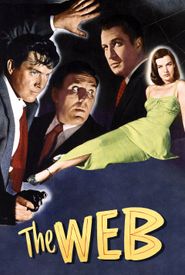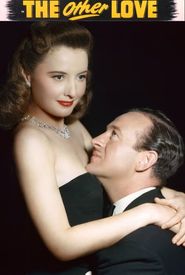Maria Palmer, a talented Austrian-born actress, was born in 1917 and spent her childhood in Vienna, where she honed her craft on stage and in various productions under the guidance of renowned director Max Reinhardt. As a trained dancer, she was a member of the esteemed Bodenwieser Ensemble, a European troupe that showcased her impressive skills.
After appearing in a few high school plays and dance recitals, Maria furthered her education at the Vienna Conservatory, where she studied drama and voice. Her theatrical talents soon took her to the United States, where she made her debut on the New York stage in 1942, starring in the production of "The Moon Is Down."
As World War II raged on, Maria's unique exotic charm caught the attention of Hollywood, and she became one of the many foreign actresses imported to fill the quota of mysterious ladies in war-era intrigue and film noir. Her film debut came in 1943 with Warner Bros.' "Mission to Moscow," followed by a string of successful movies, including "Days of Glory" (1944) opposite Gregory Peck, "Lady on a Train" (1945),"The Web" (1947),"The Other Love" (1947),"Strictly Dishonorable" (1951),"By the Light of the Silvery Moon" (1953),and "Outcasts of the City" (1958),among others.
As her film career began to wane in the 1950s, Maria transitioned to radio, television, and commercials. She went on to form her own production company, Maria Palmer Enterprises, and hosted her own local Los Angeles show, "Sincerely, Maria Palmer," in the early 1960s. In her later years, she wrote numerous non-produced teleplays, often under the pseudonym Eliot Parker White.
Despite battling cancer, Maria continued to keep extensive journals of her life and career, which were later made available to the public. She passed away in 1981 due to pulmonary failure, leaving behind a legacy of her remarkable accomplishments in the entertainment industry.
































